In recent tears, an increasing number of Africans students travel ten thousand miles to China to fulfill their lofty dreams of becoming well-trained doctors. They do that not only for themselves but for their mother countries.
A surge in growth
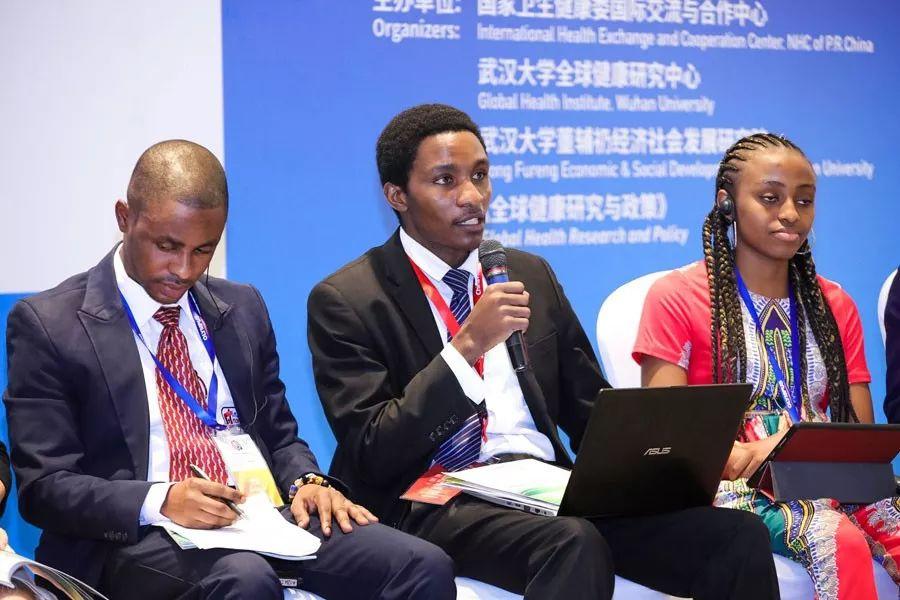
© Image | China Daily
An increasing number of African students are choosing universities in China to study medicine. African students now account for more than a third of all overseas students at the university, Lei said.
“We had just eight African students in our school in 2006, but 558 last year,” said Lei Haixin, executive associate dean of the International Education College at Dalian Medical University in Liaoning province.
There are more than 60,000 African students in the country, a 20-fold increase from 13 years ago, making China the second most popular destination for students from the continent studying abroad, after France, which hosts more than 95,000.
Mission in heart

© Image | China Daily
Gerard Nkengurutse is one of the hundreds from Africa studying medicine at Dalian Medical University. On arrival, he had a much more important matter on his mind, he joined thousands of other students from around the world who were embarking on a path through China to achieve their lifelong dream of becoming medical doctors.
“My country, as well as most others in Africa, lacks professional doctors, China is so developed in medicine and has helped my country a lot in building schools and hospitals. I appreciated that and thought it might be a good place to learn medicine.” Nkengurutse said
Nasra Mohamound Ali, from Somalia. She believes that by studying in the country she can realize her dream of becoming a doctor and helping her compatriots.
Ali said that when she was in high school she decided to be a gynecologist because most of the doctors in her country are male, and female patients find it hard to talk to male doctors or to share their problems with them.
“My sister had an abortion and she was bleeding so much that we took her to the hospital. When the doctor came to examine her, he asked her to open her legs and she refused despite the bleeding and pain she was experiencing.” Ali said.
Expertise & culture
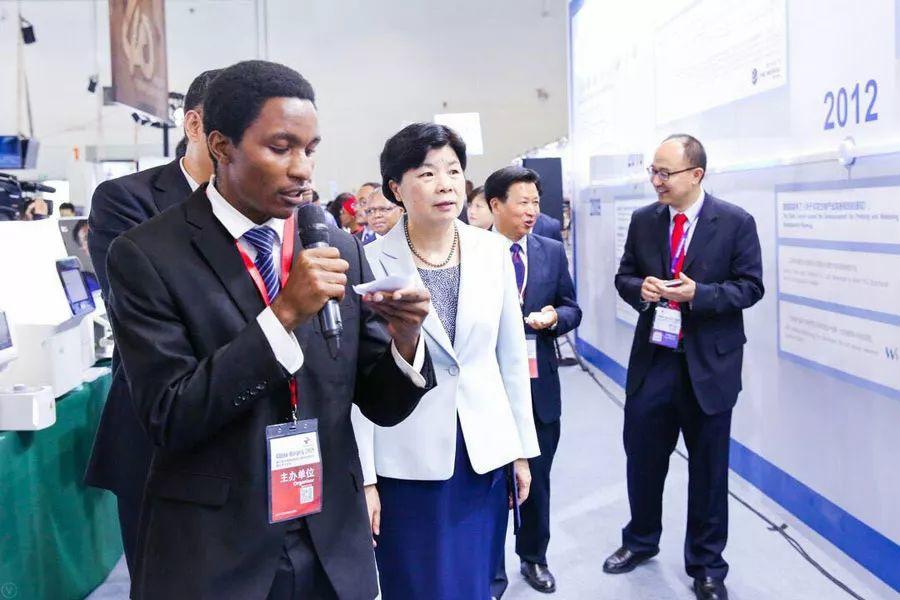
© Image | China Daily
It is not just China’s medical expertise and equipment that attract students to the country, but its culture.
Nkengurutse said, “The culture is a lot different to that in Burundi. China has the latest technology and it has world-renowned kung fu stars like Jackie Chan.” With a keen interest in culture, he was soon studying Chinese.
In June, he finished third in a Chinese speech contest for foreign college students organized by the Department of Education in Liaoning after earlier being chosen to compete with other non-Chinese on the TV show Chinese Bridge on China Central Television.
“China offers me a lot and has become a second home for me,” Nkengurutse said.
More affordable
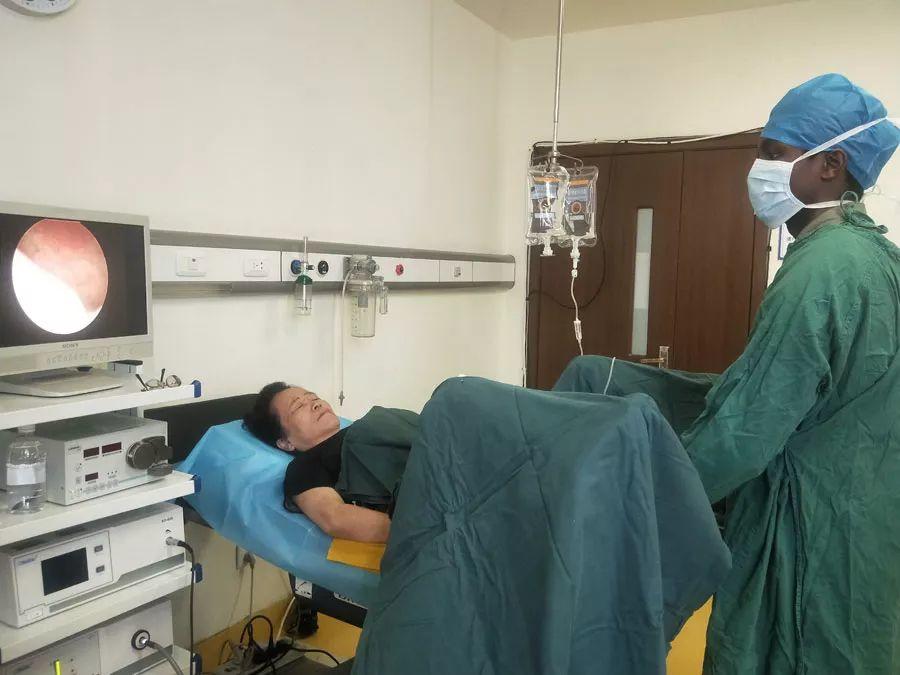
© Image | China Daily
Yet another reason that African students come to China to learn medicine is the affordability. Studying in China is much cheaper compared with Western countries, and there are government-sponsored programs.
Take the MBBS program for example. This is a program in English for international students in China seeking a Bachelor of Medicine and Bachelor of Surgery degree.
They have to pay at least $15,000, or the equivalent, in tuition fees each academic year if they want to study in the United States or the United Kingdom. But it costs less than $5,000 on average in China, according to the country’s University and College Admission System, an online portal for international students applying to Chinese universities.
Moreover, students spend less on dormitory accommodation at Chinese universities, a manager from the admission system said.
China has awarded scholarships to Africans traveling to the country to study. At the 2015 Forum on China-Africa Cooperation in Johannesburg, South Africa, China pledged to provide 30,000 scholarships to African students by this year.
Government plays its role
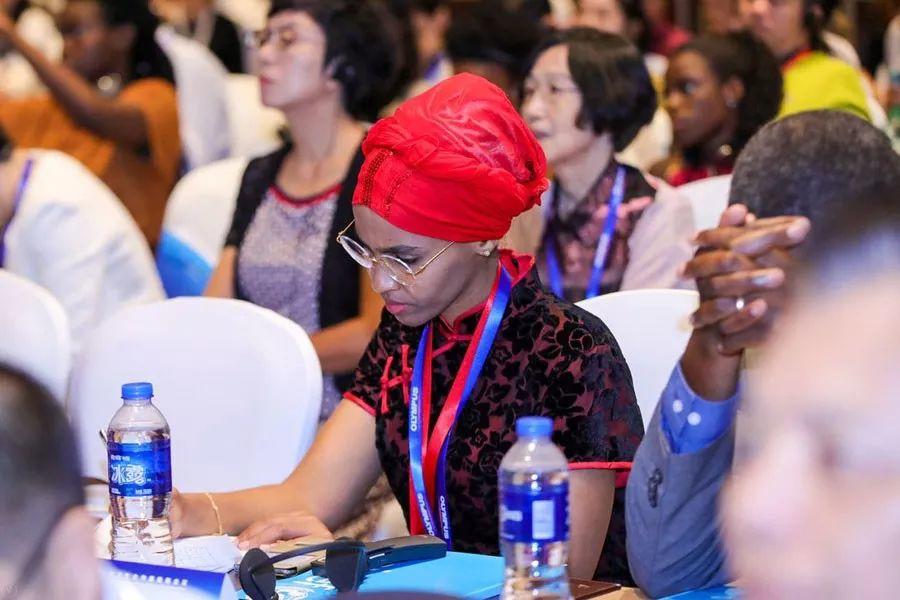
© Image | China Daily
As the foreign influx continues to rise, the government has to strike a balance between ensuring that the quality of the education provided is not being sacrificed for the sake of increased enrollment.
The Ministry of Education first published the Interim Provisions for Quality Control Standards in Undergraduate Medical Education in English for international students in 2007. This is now reviewed and published annually.
Practice makes perfect
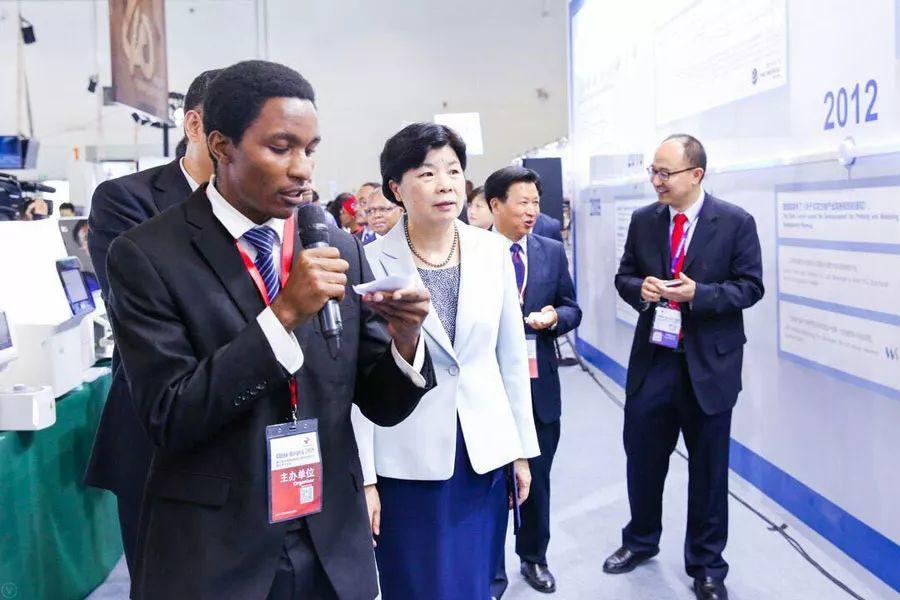
© Image | China Daily
The government and universities also encourage international students to do internships at local hospitals before they graduate.
After studying at school, Nkengurutse began his one-year internship at the First Affiliated Hospital of Dalian Medical University in late 2014.
One of his initial difficulties was related to language rather than medicine. For African students in China, language is the most important thing if they want to integrate into the local community and gain practical experience.
After many of the African students graduate, they return home, taking all their newly acquired skills with them.

Thanks for visiting HACOS, and welcome u check back frequently to see the news.
【HACOS】leading business services provider!

